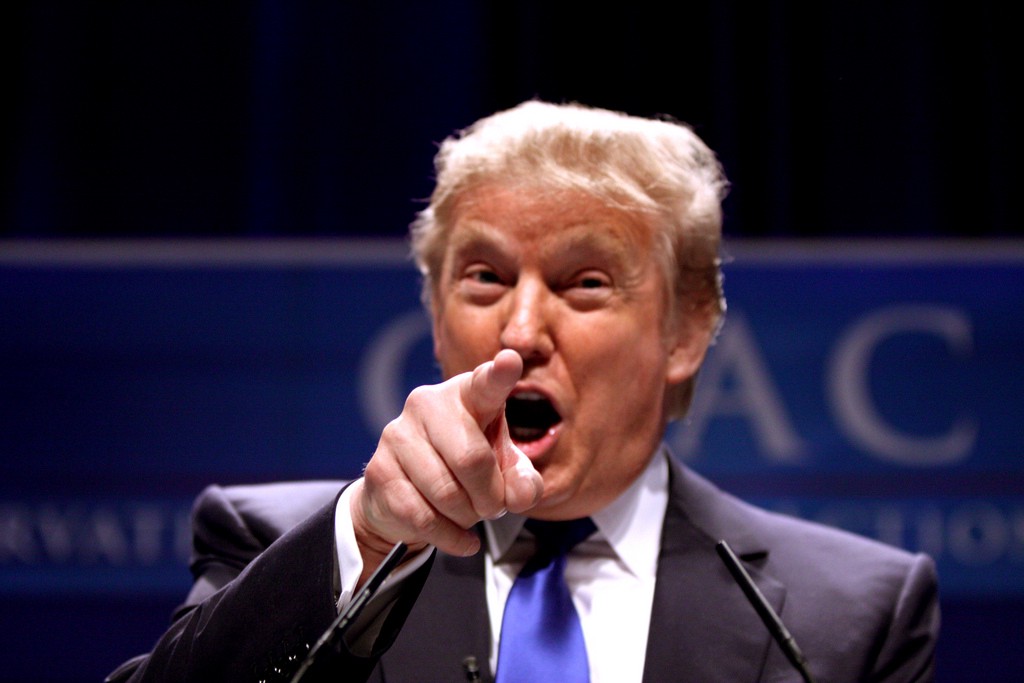People relate to facts in different ways. Some embrace facts and data and admit when they’ve said something that isn’t true. Others, not so much. Take, for example, President Donald Trump, a purveyor of claims from the recent chart topper of Obama and Britain tapping his phones to what is now beginning to feel like a greatest hit — that Ted Cruz’s dad was involved in killing JFK.
Beyond questionable logic, Trump’s monopoly on truth boggles the mind in another way. Why would someone need to be correct about everything in the way that the commander-in-chief does? What psychological forces would render someone unable to handle being wrong? And what we can learn from them so we don’t make the same mistake ourselves?
Sharon Begley pursues this question in a new piece at STAT, pulling together clinical and research psychology. Lance Dodes, a psychiatrist retired from Harvard Medical School, says that for some people, “being wrong is a catastrophe” and a “fundamental disturbance of self-worth.” It’s a sort of personality-level sensitivity: If your sense of self depends on being intellectually superior to everybody, then you’re probably going to be allergic to admitting factual errors, even when they seem trivial.
Other research sheds more light on this cantankerous personality dynamic. A 2016 Psychological Science paper found that when people feel powerful, they take their own thoughts more seriously. And according to new research out of Duke University, people vary on their levels of “intellectual humility”: some want to find new facts in the world and are open to being proved wrong; others are committed to believing their own thoughts. Lead author Mark Leary told me that when he’s trying to get his students to be a little more intellectually humble, he’ll say to them, “Probabilistically, wouldn’t it be strange if your views were always the right ones? Wouldn’t it be odd if everything you believe is true?”
Intellectual humility comes with another bonus: In experiments, Leary and his team found that humble people are more attuned to information that’s around them. Over the long term, he says, that should lead to better decisions, since rather than being stuck with your original opinion, you can revise and refine your understanding of things — a trait that sounds, you might say, presidential.
Originally published at journal.thriveglobal.com


